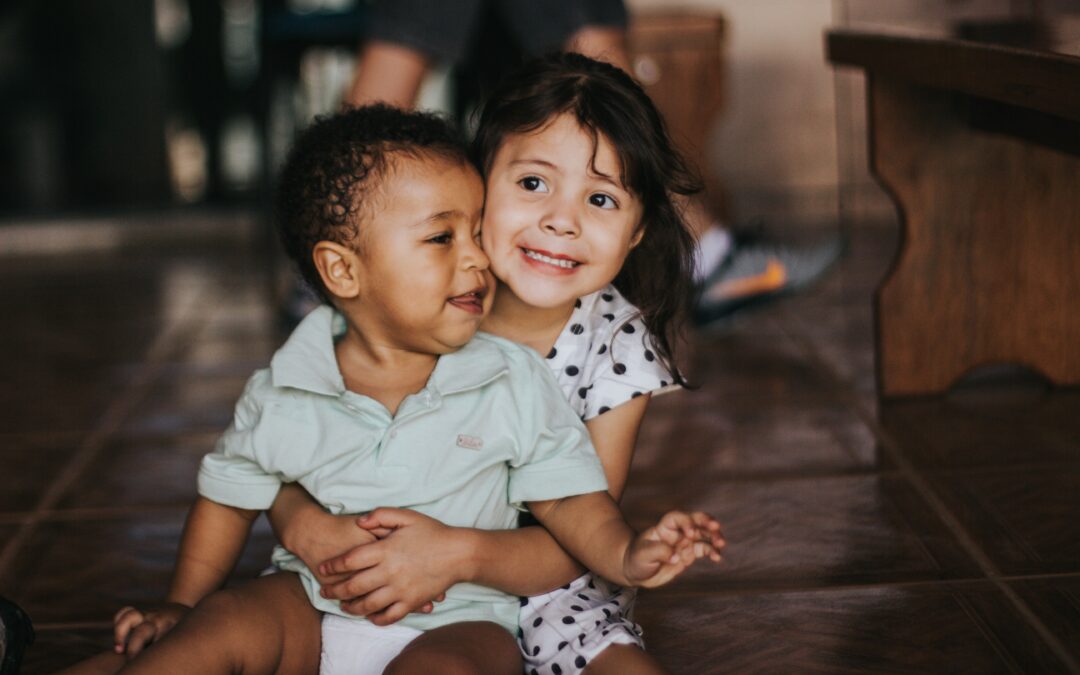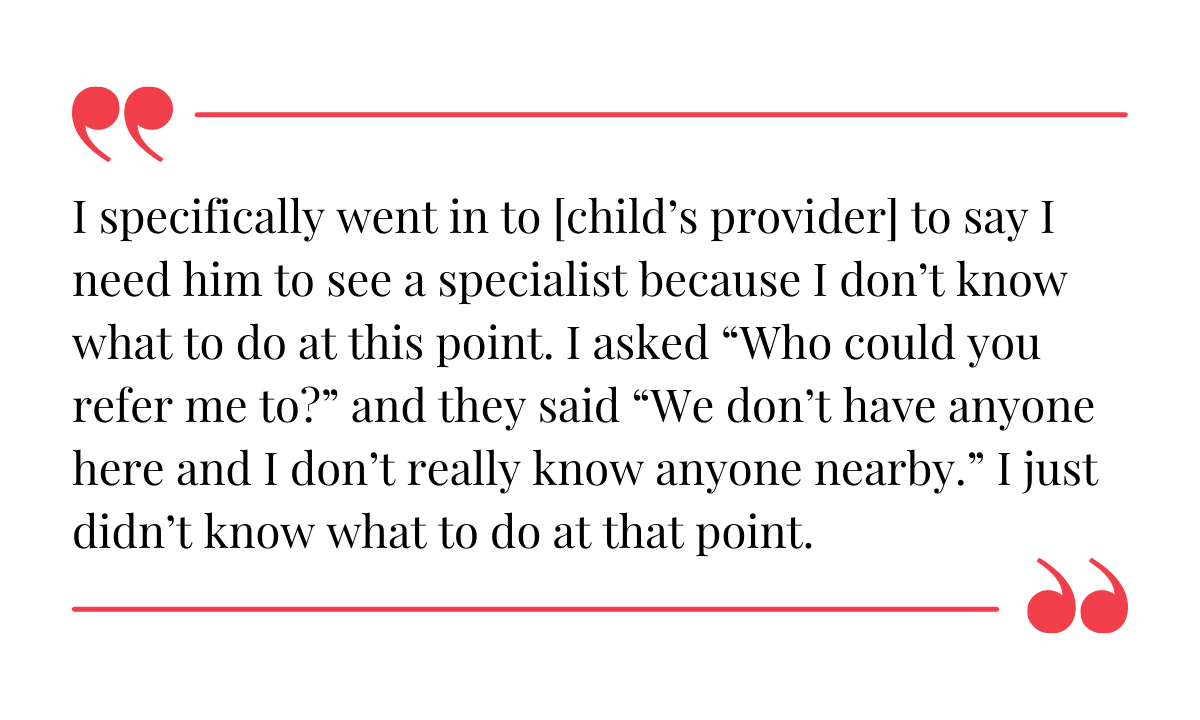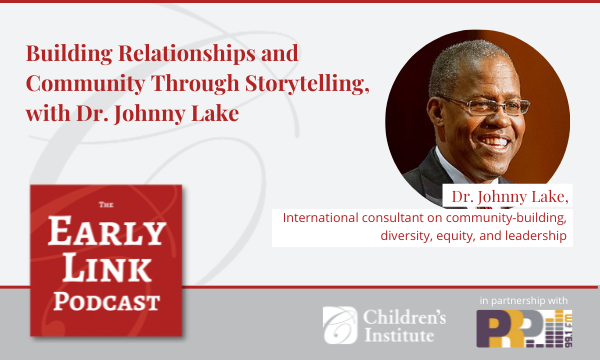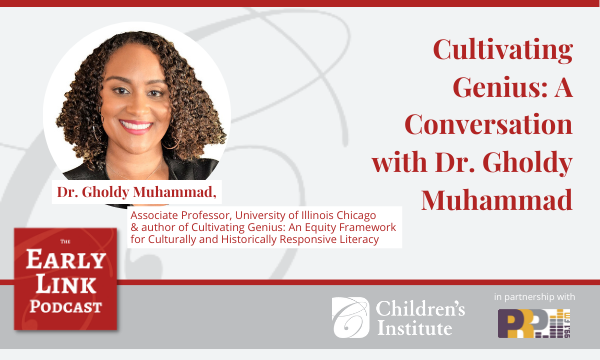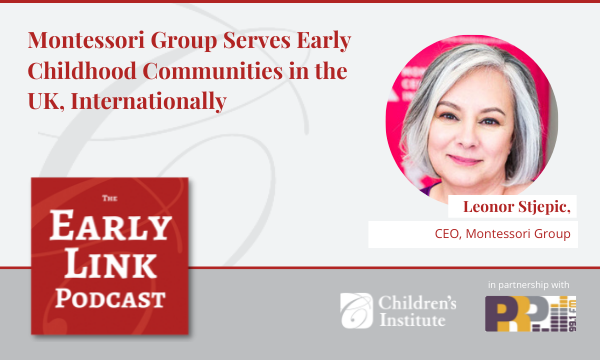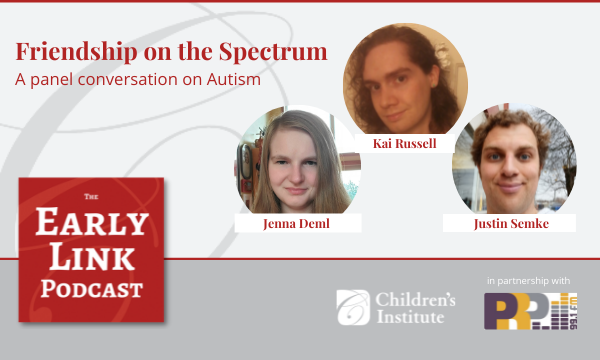
Friendship on the Spectrum: A Conversation on Autism
Join us Sundays at 4:30pm for new episodes of The Early Link Podcast. Listen live at 99.1 FM in the heart of Portland – or online anywhere at PRP.fm.
This week, host Rafael Otto speaks with Jenna Deml, our producer at Portland Radio Project, and two of her lifelong friends, Kai Russell and Justin Semke. All three of them happen to be on the autism spectrum, and today we have a chance to hear their stories – about what it was like growing up on the spectrum, how they have remained friends for so many years, and their experience in the education system right here in Portland.
Guests:
Jenna Deml (she/her) is a podcast producer and radio DJ currently studying for her Master’s in Multimedia Journalism at the University of Oregon Portland campus. Her undergraduate degree was in both Psychology and Theatre Arts from the University of Puget Sound. So it is safe to say Jenna has always had a love for the arts and storytelling. In her free time, she likes to play Dungeons & Dragons, flex her trivia knowledge on a website called Sporcle, create Spotify playlists, watch the entire Studio Ghibli catalog on repeat, pet every cat or dog she sees, or read classic sci-fi/dystopian literature.
Kai Martina Russell (they/them) is native to Portland, Oregon. They hold a degree in English Fiction Writing from Pacific Lutheran University and are employed in the retail industry. Their dream is to write and illustrate (and possibly compose for) an original fantasy/science-fiction extended universe, drawing inspiration from the many roleplaying games they and their friends have acted out over the years. Kai draws meaning in their life from stories, nature, and their beloved friends and family.
Justin Semke (he/him) graduated from the Art Institute of Portland, and has been looking to become an 3D Environmental artist. He is also quite the fan of Kamen Rider, and loves creating stories with friends. He is a staunch optimist and tries to make the people in his life smile whenever possible.
Summary:
The three friends begin by recounting how they each met one another at different points throughout elementary school. They then disclose what lead to their diagnoses; what they remember about it, what changed for them, and any struggles they had at the time. The conversation shifts to their respective experiences in the education system here in Portland, and what the institution needs to improve on in order to better serve neurodivergent children. Since Kai identifies as genderfluid, they note and comment on the correlation between neurodivergence and gender-nonconformity, and how this ties in to their own personal journey. Closing out the conversation, the three each state what they would say to their younger selves, and comment on who and what makes them the most empowered to be their truest creative selves.
Additional Resources:
Asperger, Nazism, and Reclaiming the Autism Spectrum (made by Jenna Deml)
Transcript
[00:00:00] Rafael Otto: Welcome to the Early Link Podcast. I’m Rafael Otto. Thank you for listening. You can always catch us on 99.1 FM in the Portland Metro on Sundays at 4:30pm or tune in at your convenience, wherever you find your podcasts. That includes iTunes, Spotify, and Amazon Music. Today, I am speaking with Jenna Deml, our fantastic producer at Portland Radio Project, and two of her lifelong friends, Kai Russell, and Justin Semke. All three of them happened to be on the autism spectrum. And today we have a chance to hear their stories about what it was like growing up on the spectrum, how they’ve remained friends for so many years, and their experience in the education system right here in Portland.
Jenna, Kai, and Justin, welcome to the podcast. Great to have you here today.
[00:00:48] Jenna Deml: Yeah. Thanks for having us.
[00:00:50] Kai Russell: Thank you for having us.
[00:00:52] Justin Semke: Thank you so much.
[00:00:53] Rafael Otto: Very much looking forward to the conversation. Jenna, you are all in your twenties now and you’ve known each other since elementary school. Tell me the story about how the three of you got to know each other.
[00:01:06] Jenna Deml: So, I was in second grade. I had just transferred to Edwards Elementary School. It was my first experience in public school. I was getting to know everybody, but I think I’d also just been diagnosed at that point. And I didn’t really, how do I put this? I hadn’t really seen other people like me who had also been diagnosed as on the spectrum. But in class, I remember this particular person who was labeled as a problem child, which was Kai. And in retrospect, I feel like, really bad for how myself and the other kids in the class treated them at that point. Our teacher in particular did not like Kai’s disruptions. Kai, you remember like you would do these like laser battles with your fingers. Was that right?
[00:02:00] Kai Russell: Oh, no, no. Uh, it was… I mean, sure lasers were involved, but it was more of an early form of live action role play, I guess, just using my fingers as puppets or like action figures, kind of. Like I would walk my pointer and middle finger along a table and have that stand in for like a human, I would use the other pointer to give that same, uh, finger person like a sword or something. I would use my arm as all my fingers kind of, coming together, like jaws as… a dinosaur and then maybe put my other arm across it to form wings and make it a dragon.
[00:02:40] Jenna Deml: But what literally everybody else in the class heard was like, *imitates exploding noises* and then our teacher, teacher Nancy, would like, grab Kai by the collar and be like, “Kai, you’re going out in the hall,” or “Kai, you’re going to the office.” And all of the kids in unison would be like, “Kaaaaaai, be quiet.” So that was how initially, like my relationship with Kai was, but…

